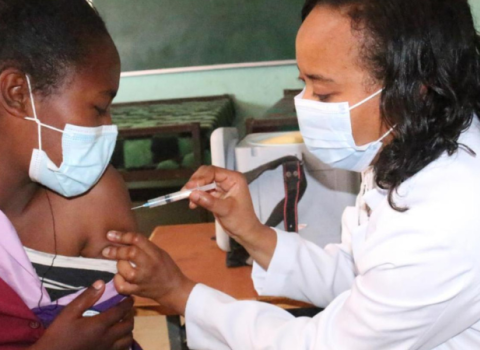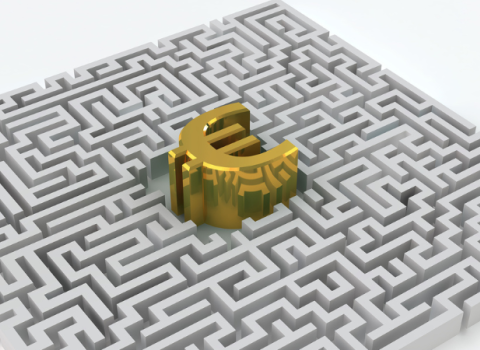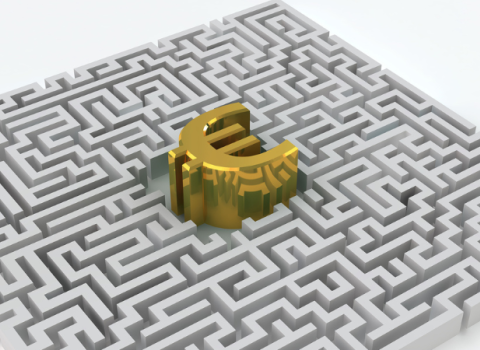Research lead
Scientists at the European Molecular Biology Laboratory (EMBL) in Monterotondo, Italy, have provided conclusive proof that when a muscle is injured macrophages play a crucial role in its regeneration and uncovered the genetic switch that controls this process. They say the finding opens the door for new therapeutic approaches to sports injuries and muscle-wasting diseases such as Duchenne muscular dystrophy.
Macrophages have a dual role in the immune system’s response to injury. First, they clear up dead cells and release pro-inflammatory factors to fend off infection. But at a certain point in the process, they switch to generating anti-inflammatory factor to promote repair. This shift, known as macrophage polarisation has now been proved by Claus Nerlov, Nadia Rosenthal and colleagues, to be essential for muscles to regenerate.
“There seems to be this point of no return,” says Rosenthal.“If macrophages don’t make this switch, then the muscle won’t repair itself – you just end up with scar, instead of new tissue.”
The researchers worked with mice that were genetically-engineered to be unable to produce a protein called C/EBPb, which is produced in response to inflammation. The modified mice were normal in all respects apart from the fact that their macrophages did not polarise. In response to muscle injury macrophages migrated to the site, but because they didn’t make the switch, the muscle didn’t repair properly, becoming scarred instead.
Thus the EMBL scientists say they have confirmed the importance of macrophages in repairing muscle tissue and discovered its genetic basis.
“From a medical point of view, it would seem that the trick to improve muscle repair is finding a way to increase C/EBPb production and keep it high,” Nerlov said. “If we can now figure out exactly which key genes C/EBPb controls, that will give us even more potential targets.”
In addition to investigating the other steps on this molecular pathway, the scientists are currently studying a possible role for macrophage polarisation in repairing heart muscle, with a view to better understanding and treating heart disease.





 A unique international forum for public research organisations and companies to connect their external engagement with strategic interests around their R&D system.
A unique international forum for public research organisations and companies to connect their external engagement with strategic interests around their R&D system.